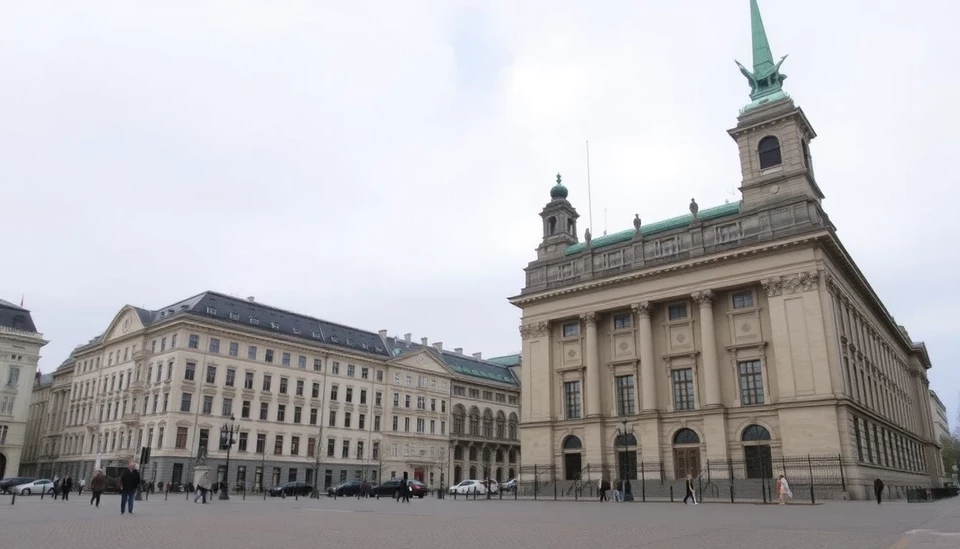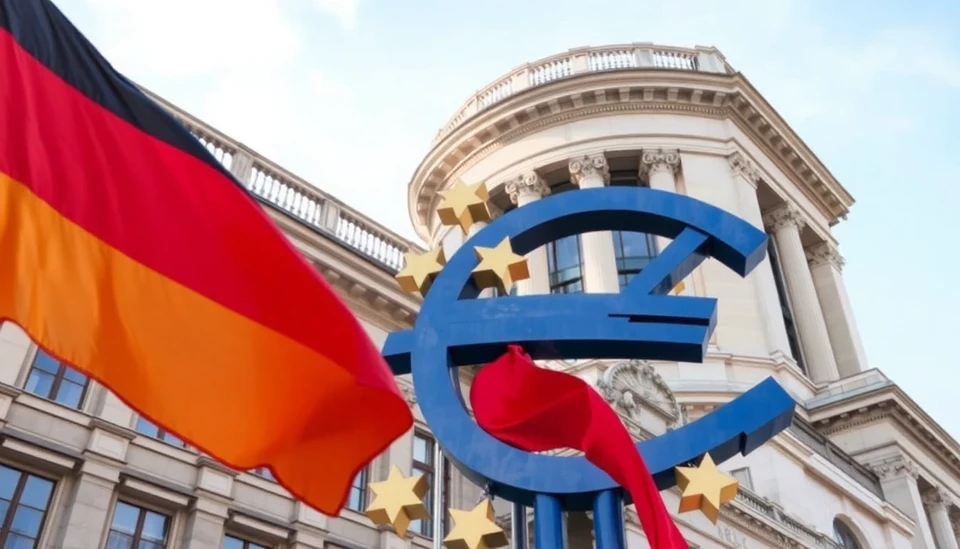
Several leading German economic research institutes have projected a slight contraction in the nation's economy this year. It was the big revision from previous predictions, reflecting ongoing challenges for Europe's biggest economy amidst global uncertainties.
Contrary to this optimistic viewpoint, the recent joint report by prestigious institutions such as the Ifo Institute, the Halle Institute for Economic Research - IWH - and other major German think tanks presents a considerably grimmer prospect for the rest of the year. According to the revised forecast, a 0.5% contraction in the country's Gross Domestic Product or GDP has been estimated, which was considerably lower than the growth rate earlier projected.
The weakened industrial output, subdued global demand, persistent supply chain disruptions, and geopolitical tensions impacting trade have led to a downward revision. Another critical challenge that the German economy is experiencing is the continuous energy crisis, which has substantially increased costs for businesses and consumers alike.
However, the report points out that energy remains an important barrier. In fact, German industries rely almost exclusively on imported energy resources, and turbulent world energy markets keep prices spiraling upward, unbearably so for industries, particularly manufacturing, which is actually the backbone of the German economy. More recently, this has deteriorated into an open conflict between Russia and Ukraine, which substantially impacted energy supply routes and their prices.
In addition to these, inflation is another crucial factor that determines the shape of the economic scenario. Consumer prices in Germany have been on an uptrend, which has eaten away at purchasing power, leading to squeezed consumer spending. The inflation rate is also forecasted to remain high for the short term, further crippling policy planners and economic planners.
We can also realize how labor market dynamics are contributing to economic contraction. While unemployment rates remain at comparatively lower levels, there is a mismatch between available vacancies and skills in the workforce, leading to slowdowns in productivity and acting as a barrier toward recovery efforts.
Such calls repeat the need for strategic policy interventions to help overcome these challenges. Targeted fiscal measures should be directed towards households and businesses suffering from high energy costs and inflation, the institutes recommend. They also speak of long-term investments in sustainable sources of energy that would reduce dependence upon unpredictable international markets.
Institutes also hold a view that is cautiously optimistic about medium- to long-term recovery in spite of this bleak short-term outlook. With the right policy action and strategic investment, says the report, Germany would overcome the challenges and get back on to the path of growth.
The report is a rude awakening for German policymakers, and the wider European economic community, to the fact that global economies are inextricably linked and disruptions in geopolitics and markets cause ripple effects. This calls for the resurgent planning of the economy through the adoption of adaptive strategies in the pursuit of a strong economic framework that would cushion against external shocks.
#GermanEconomy #GDP #EconomicForecast #Inflation #EnergyCrisis #IndustrialOutput #SupplyChain #Geopolitics #FiscalPolicy #SustainableEnergy #LaborMarket
Author: Daniel Foster




